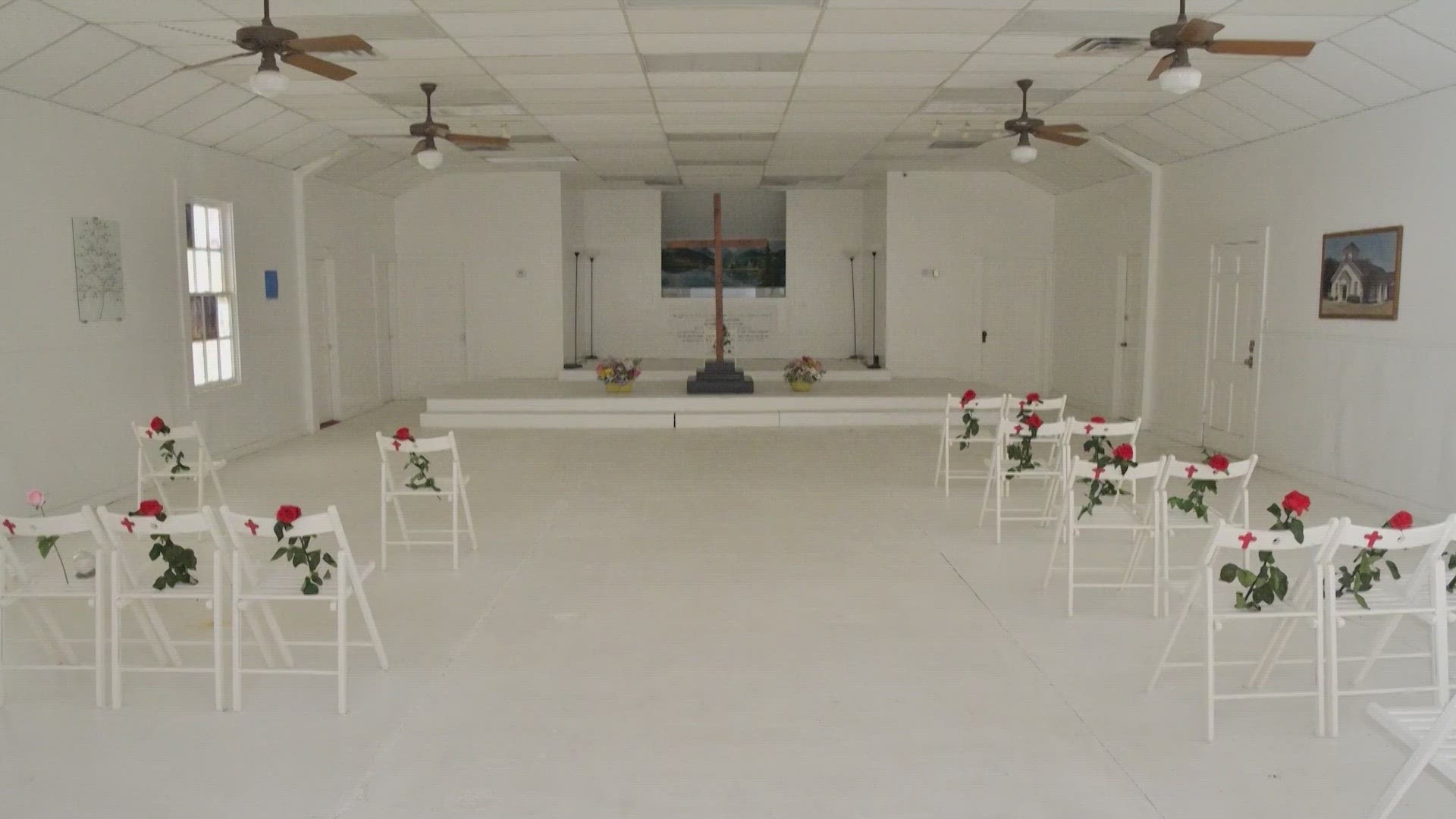DALLAS — Medics have analyzed their response in prior mass shootings to develop strategies for saving victims of subsequent mass shootings, hospital administrators say.
The work is tragically important, as Americans cope with a gun violence problem the country has yet to solve.
In some places, doctors have now treated victims of multiple mass shootings.
University Hospital in San Antonio admitted patients shot in the 2017 attack on First Baptist Church in Sutherland Springs. There, a gunman killed 26 people and injured 22 more.
In the months that followed, San Antonio hospital leaders, first responders, and other regional officials met to develop a comprehensive trauma response plan.
"We hoped there wasn't going to be another mass shooting, but then there was," said Dr. Lillian Liao, a trauma surgeon at University Hospital in San Antonio.
Liao coordinated the emergency response at the public hospital after the May 2022 shooting at Robb Elementary. There, a gunman killed 21 people and injured 17 more.
“We were able to save lives in the Uvalde shooting because of our ability to recognize the needs - evolving needs - of this country," said Liao.
Officials made three recommendations after the tragedy in Sutherland Springs: bolster firearms injury prevention and education, improve bleeding control training, and utilize whole blood for transfusions in transit to the hospital.
Eventually, lawmakers crafted a bill that mandates yearly bleeding control training for some school staff. First responders handle course instruction.
Liao said each Robb Elementary patient arrived at University Hospital wearing a properly-applied bandage or tourniquet.
Perhaps most crucial, San Antonio is now one of a few cities in the world using whole blood for mass transfusions in transit. Area emergency helicopters are equipped with cold storage, which allows medics to transport the blood to rural communities.
“We saw that if we could get blood to the pre-hospital providers, then we could potentially buy the patients who were injured more time to get to the hospital alive," Liao said.
First responders did not have access to whole blood during their response to Sutherland Springs.
Liao said the American College of Surgeons is working to place well-developed trauma systems in every state. The strategy requires logistical collaboration at every level of service.
Still, some doctors feel helpless, Liao said. They know they'll likely continue treating mass shooting victims for years to come.
“I think it’s devastating, not just to us in the medical profession, but to us as humans," she said.
"There has to be a multi-prong approach, she continued. "There has to be a focus on firearm availability, and there have to be others focused on trauma-informed care: this mental health crisis that’s causing the violence.”

